News
Afam Osigwe Emerges New NBA President, Polls Over 20,000 Votes
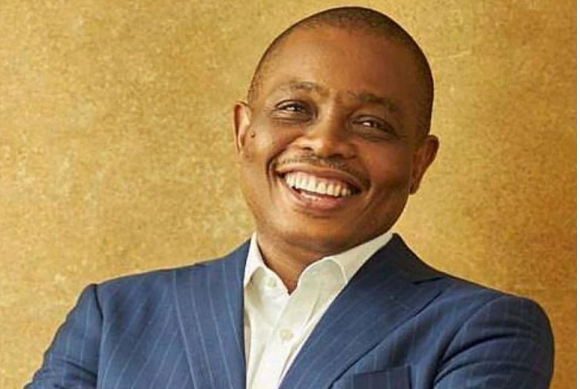
Afam Osigwe, a former Secretary-General of the Nigerian Bar Association (NBA) and Senior Advocate of Nigeria (SAN), has been elected as the new president of the NBA. Osigwe secured an overwhelming 20,395 votes to defeat his closest rivals, Tobenna Erojikwe and Chukwuka Ikwuazom (SAN), who polled 10,970 and 9,007 votes respectively.
The election, which was held online, saw a significant turnout of members of the association, with the results displayed in real-time. Mrs Bridget Ijeoma Edokwe was also elected as the Publicity Secretary of the association.
Osigwe’s victory is seen as a testament to his popularity and acceptance by members of the association. His leadership is expected to bring a new dimension to the NBA and the legal profession in Nigeria, addressing challenges such as the welfare of lawyers, access to justice, and the rule of law.
The Nigerian Bar Association is one of the largest professional associations in the country, and Osigwe’s emergence as its president is a significant development in the history of the association. His leadership is expected to have a profound impact on the legal profession and the country at large.
With his election, Osigwe takes over from the outgoing president of NBA, Yakubu Maikyau, SAN, and is expected to lead the association to new heights. His victory has been widely celebrated by members of the association and the legal community in Nigeria.
News
Macron Urges Europe to Act Like a Global Power Amid Rising Threats
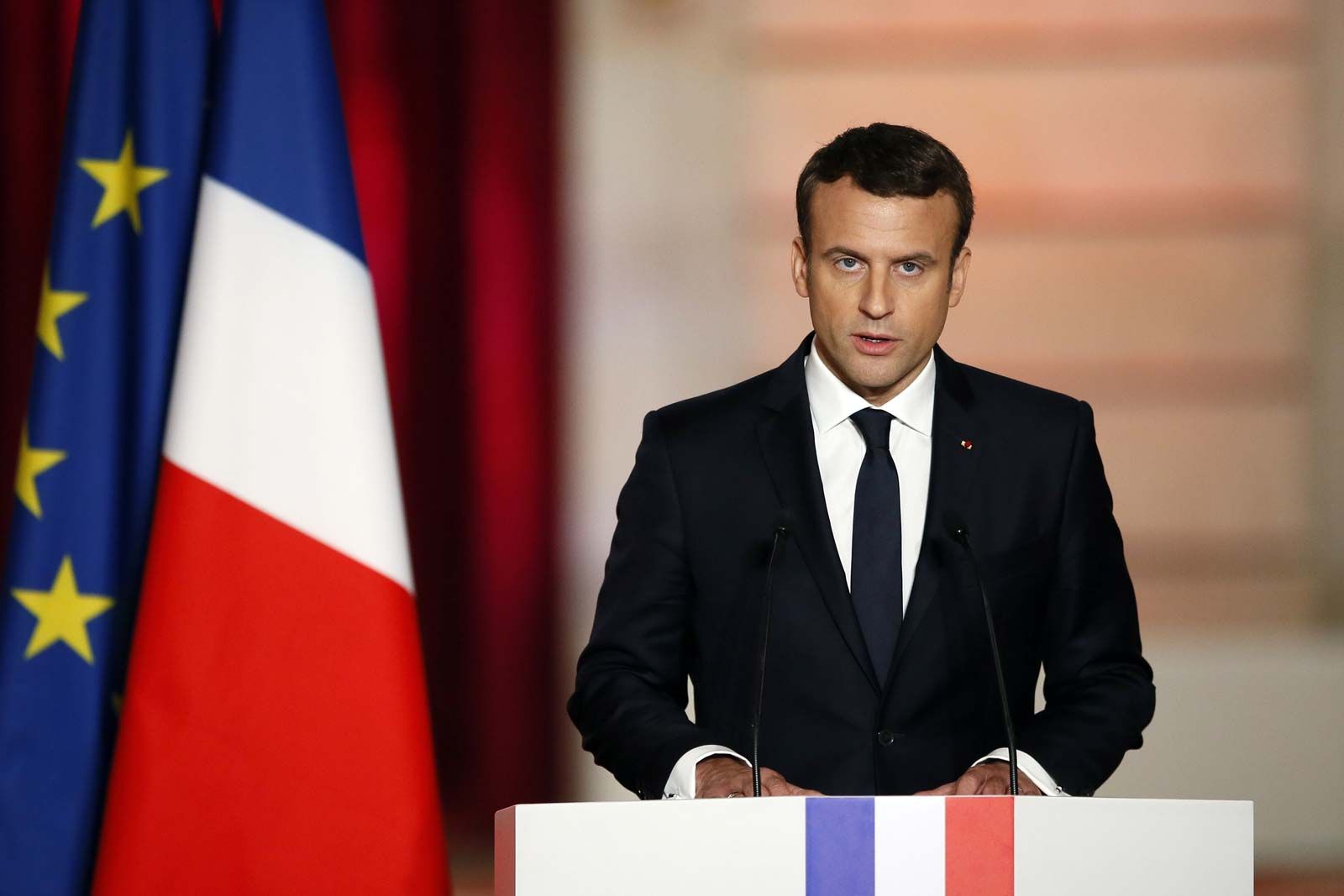
Macron Urges Europe to Act Like a Global Power Amid Rising Threats
French President Emmanuel Macron has renewed his call for Europe to assert itself as a global power, warning that the continent is facing a historic “wake-up call” amid rising geopolitical and economic pressures from China, Russia and even its traditional ally, the United States.
Speaking in an interview with a group of European newspapers ahead of a European Union summit scheduled to hold in Brussels later this week, Macron said Europe must move beyond rhetoric and begin to act decisively like a power, particularly in the areas of economy, finance, defence, security and democratic governance.
According to him, the changing global order demands a more self-reliant and confident Europe.
He noted that while Europe was once content with building a common market and preventing wars, it has consistently shied away from thinking in terms of power, a mindset he said must now change.
Macron used the opportunity to once again push for the creation of EU-wide mutualised loans, arguing that Europe needs a shared debt mechanism to fund its future.
He proposed the issuance of eurobonds to raise hundreds of billions of euros for large-scale industrial investments across the continent.
“The time has come to launch a shared debt capacity to fund our future expenses,” Macron said, adding that Europe needs ambitious programmes capable of financing its best projects in critical sectors.
However, his proposal is expected to face resistance, particularly from Germany and some northern European countries, which have in the past expressed scepticism over mutualised debt.
Critics argue that France is seeking to shift part of its domestic financial burden onto the wider EU, especially given its long-standing challenges with economic reforms.
Macron acknowledged France’s shortcomings, admitting that the country has never had a fully balanced economic model comparable to some northern European economies.
He also conceded that France did not undertake sweeping reforms in the 2010s like Portugal, Spain, Italy and Greece, reforms which he said are now yielding positive results.
Despite this, the French leader insisted that global financial markets are increasingly showing interest in mutualised European debt, partly due to growing uncertainty around the dominance of the US dollar.
He argued that investors are actively seeking credible alternatives and that Europe, with its strong democratic institutions and rule of law, is well positioned to fill that gap.
He contrasted Europe’s democratic appeal with what he described as authoritarian governance in China and what he sees as a gradual distancing of the United States from the principles of the rule of law.
Macron further disclosed that the 27-member European Union needs about €1.2 trillion annually to invest in strategic sectors such as defence and security, clean energy and artificial intelligence.
He urged the bloc to better protect these industries, noting that while China and the United States actively shield their strategic sectors, Europe remains the most open market in the world.
News
Trade, Tension as Trump Threatens US–Canada Bridge Opening
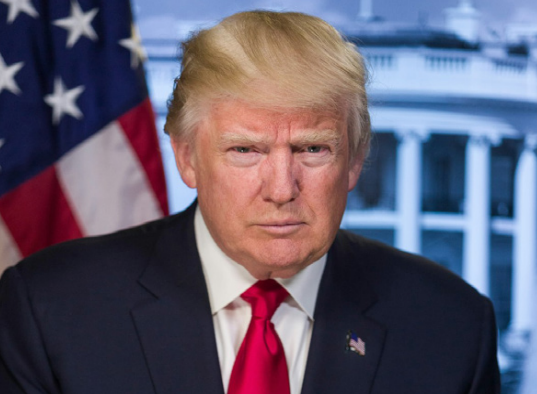
Trade, Tension as Trump Threatens US–Canada Bridge Opening
United States President, Donald Trump, has threatened to block the opening of the Gordie Howe International Bridge linking the US and Canada, insisting that Washington must be “fully compensated” for what he claimed America had given to its northern neighbour.
Trump, in a post on his Truth Social platform, said the bridge would not be allowed to open until Canada treats the United States with what he described as “fairness and respect”.
He also argued that the US should own “at least one half” of the multibillion-dollar infrastructure, claiming that Canada controls both sides of the crossing.
The Gordie Howe International Bridge connects Ontario in Canada with the US state of Michigan and spans the Detroit River.
The project, estimated to cost about 6.4 billion Canadian dollars, is funded by the Canadian government and is being developed by the Windsor-Detroit Bridge Authority, a Canadian federal Crown corporation.
The bridge is to be publicly owned by Canada and the state of Michigan.
Canada’s Prime Minister, Mark Carney, on Tuesday said he had a “positive” conversation with Trump on the issue.
Carney noted that he reminded the US president that Canada paid for the bridge and that it was constructed by both American and Canadian workers using steel sourced from the two countries.
He described the bridge as a strong example of cooperation between the two neighbours and expressed optimism that it would open as scheduled.
According to Carney, Trump suggested that the US ambassador to Canada, Pete Hoekstra, a Michigan native, should help smooth discussions surrounding the project.
Trump’s threat has, however, drawn criticism from US lawmakers in Michigan, who warned of economic consequences.
Michigan Senator, Elissa Slotkin, a Democrat, said blocking the opening of the bridge would be “awful” for the state’s economy, warning that it could lead to higher costs for businesses, weaker supply chains and job losses.
Michigan Governor, Gretchen Whitmer, also rejected Trump’s position, saying the bridge would create jobs and strengthen trade in her state.
Her spokesperson described the project as a product of bipartisan and international cooperation.
Despite Trump’s claim that negotiations would begin immediately, it remains unclear how the US president could legally prevent the opening of the bridge, which is expected to begin operations later this year after final tests and approvals.
Construction began in 2018 after more than a decade of planning and diplomatic wrangling.
Trump also accused former President Barack Obama of allowing construction to begin without the use of US steel, an allegation denied by officials on the Canadian side.
The Mayor of Windsor, Ontario, Drew Dilkens, dismissed the claim, describing it as false and “insane”.
News
Senegal Police Arrest 14 in Transnational Paedophile Ring Linked to France

Senegal Police Arrest 14 in Transnational Paedophile Ring Linked to France
Senegalese authorities have arrested 14 people suspected of operating a paedophile gang spanning Senegal and France, police announced.
The group, active since 2017, is accused of organised paedophilia, pimping, rape of minors under 15, sodomy, and intentional transmission of HIV, with victims allegedly forced into unprotected sex with HIV-positive men.
Four suspects reportedly acted under the direction of a French national arrested in France in April 2025, receiving money in return.
Coordinated raids were carried out in Dakar and Kaolack, with evidence seized and the 14 suspects appearing before a judge on Friday.
The operation was conducted with French police support, and authorities urged the public to report information via a toll-free line.
-
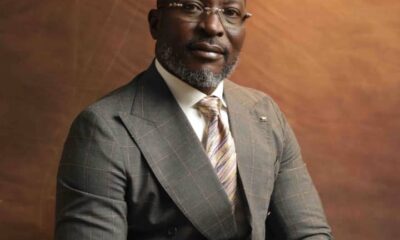
 Milestone1 week ago
Milestone1 week agoChief Chukwuma Johnbosco and the Making of a Purpose-Driven Leader
-
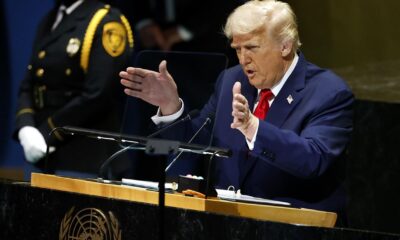
 News1 week ago
News1 week agoUS Sends Troops to Nigeria Over Rising Terror Threats
-
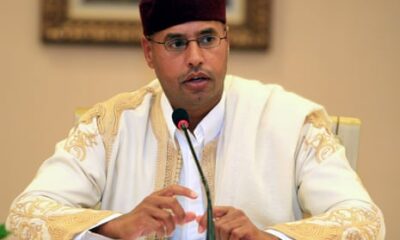
 News1 week ago
News1 week agoMuammar Gaddafi’s Son, Saif al-Islam, Reportedly Shot Dead in Libya
-

 Analysis1 week ago
Analysis1 week agoExamining Nigeria’s Health System and Preventable Deaths, by Alabidun Shuaib AbdulRahman
-
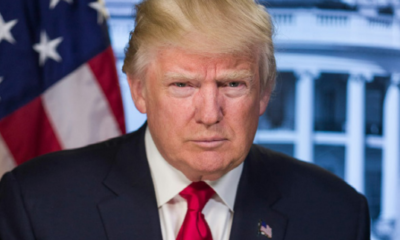
 News2 days ago
News2 days agoTrade, Tension as Trump Threatens US–Canada Bridge Opening
-

 Business2 days ago
Business2 days agoZenith Bank, Excel Global Media Discuss Strategic Partnership











